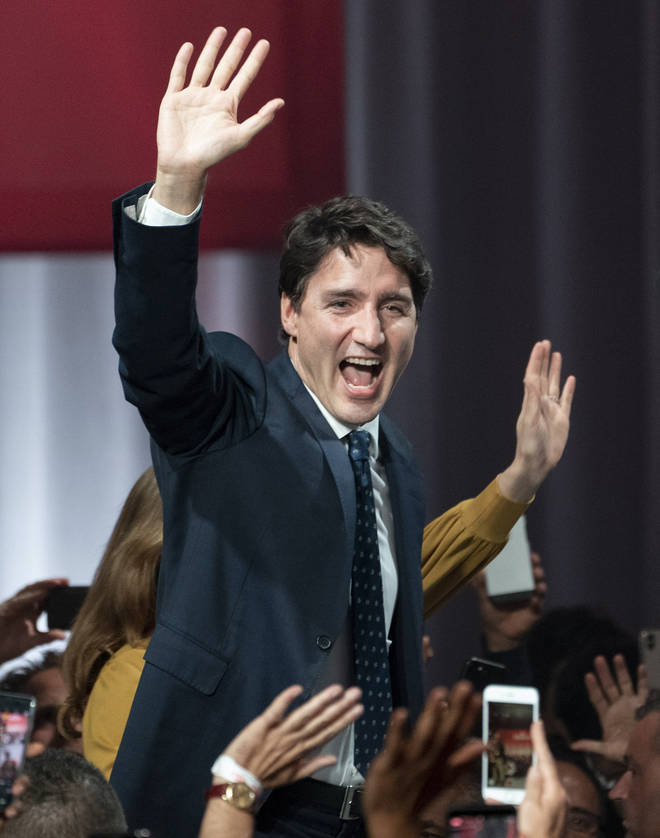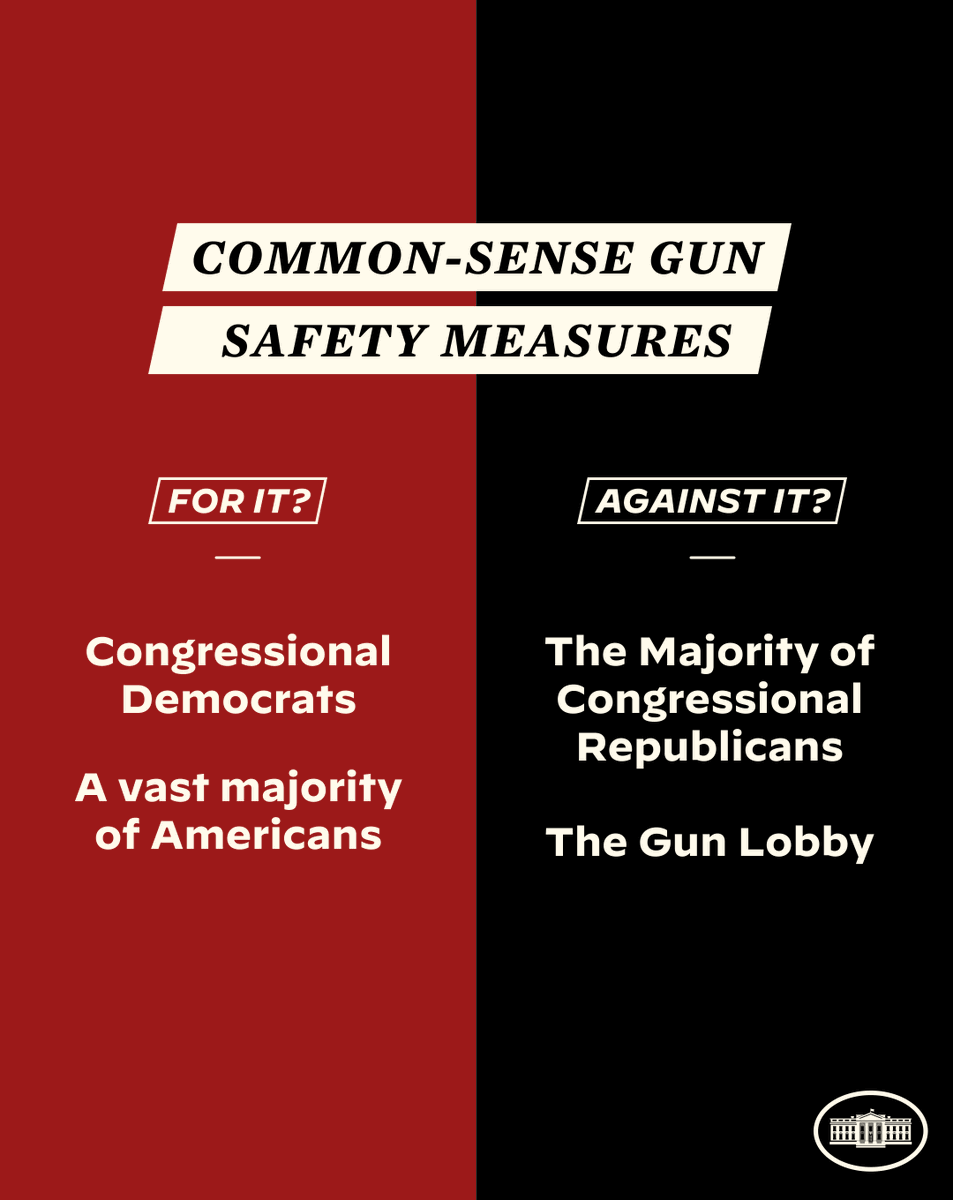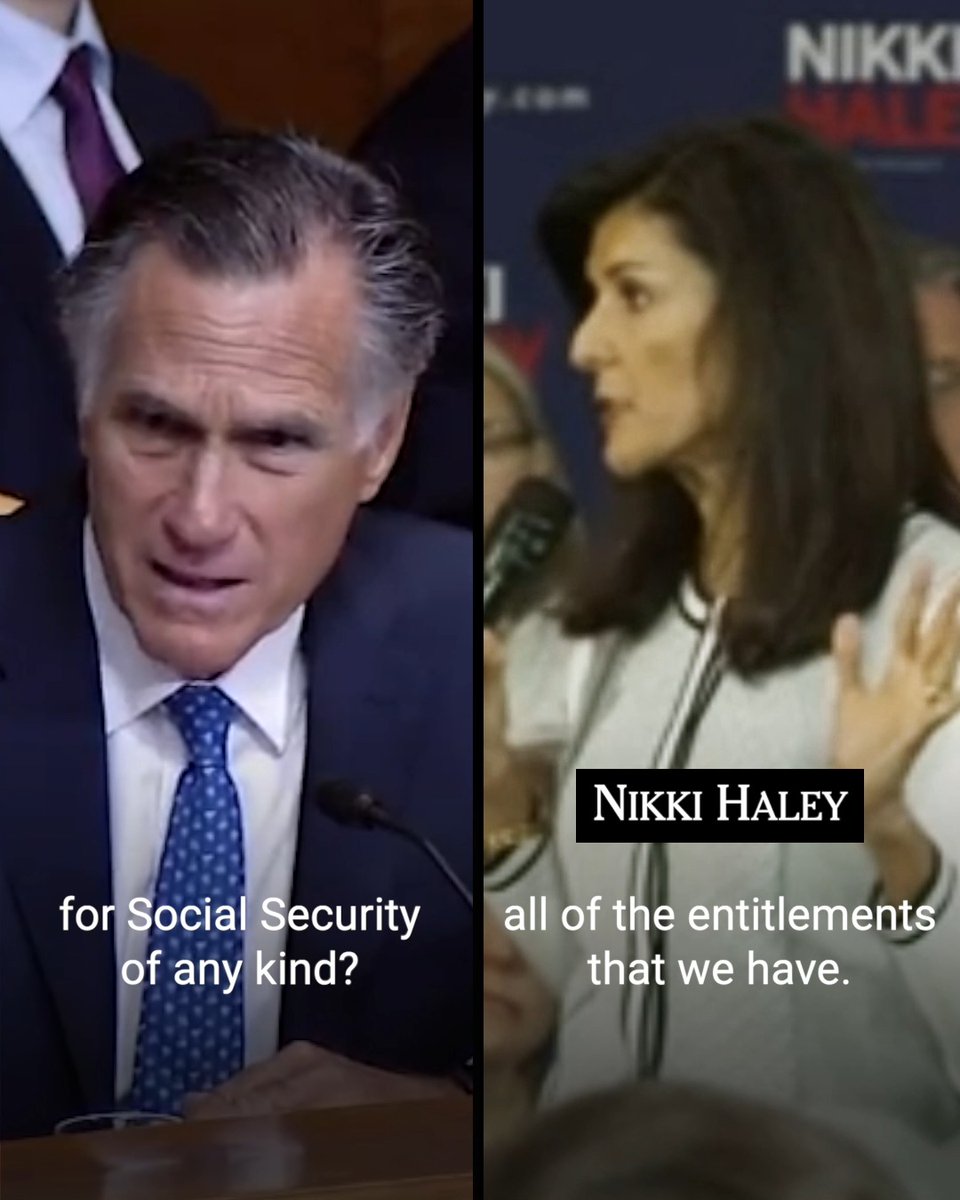Did the winds of change blow a new course for Canada? The Liberal Party's victory in the recent federal election signals a pivotal moment, reshaping the nation's political landscape and setting the stage for a new era.
The echoes of a political sea change resonated across Canada as the Liberal Party, under the leadership of Mark Carney, secured a win in the federal election. This triumph, however, arrived with a twist; the party fell short of clinching an outright majority in Parliament. The election, held amidst a climate of shifting political currents, saw the Liberals riding a wave of sentiment fueled, in part, by the shadow cast by the policies of U.S. President Donald Trump. This outcome underscores the complex dynamics at play, revealing a nation grappling with its identity and charting a course through an ever-evolving global landscape. The Liberals' success, viewed by many as a stunning comeback, has significant implications for the country's direction and its relationship with the world.
To understand the key figure behind this political shift, let's delve into the life and career of Mark Carney, the leader of the Liberal Party.
| Bio & Personal Information | Details |
|---|---|
| Full Name | Mark Joseph Carney |
| Date of Birth | June 3, 1965 |
| Place of Birth | Fort Smith, Northwest Territories, Canada |
| Nationality | Canadian, British, and Irish citizen |
| Education | Harvard University (BA), Oxford University (MA), Yale University (PhD) |
| Spouse | Diana Fox Carney |
| Children | 4 |
| Career Information | Details |
| Early Career | Worked at Goldman Sachs, focusing on investment banking. |
| Bank of Canada | Governor (2003-2013) |
| Financial Stability Board | Chairman (2011-2018) |
| Bank of England | Governor (2013-2020) |
| United Nations | Special Envoy on Climate Action and Finance (2021-present) |
| Liberal Party Leader | Currently the leader of the Liberal Party |
| Professional Information | Details |
| Key Policies | Focus on economic stability, climate action, and social policies. Specific platform details evolve with each election cycle. |
| Political Ideology | Liberal |
| Notable Achievements | Successfully navigated financial crises as a central banker, led efforts on climate finance. |
| Known For | His expertise in financial markets, his leadership during economic uncertainty, his strong communication skills. |
| Challenges | Balancing economic growth with social equity, managing international relations. |
| Website Reference | Liberal Party Official Website |
The electoral landscape presented a narrative of shifting allegiances and re-evaluations. The Liberals' win, however, was not without its complexities. While the party celebrated its victory, the failure to secure a majority in Parliament highlighted the need for collaboration and compromise. The results necessitated the Liberals to seek support from smaller parties in order to pass legislation. This dynamic underscored the intricacies of governing in a multi-party system, requiring deft negotiation and a willingness to build consensus.
The election unfolded against the backdrop of a global climate marked by geopolitical shifts and economic uncertainties. The influence of U.S. President Donald Trump's policies loomed large, impacting the Canadian political discourse and prompting a re-evaluation of the nation's relationship with its southern neighbor. This context likely influenced the electorate's choices, reflecting a desire for stability and a rejection of policies seen as disruptive. The Liberal Party's message of unity and responsible governance seemingly resonated with voters who sought a departure from the prevailing climate of uncertainty.
The election results have prompted discussions regarding the factors that contributed to the Liberals' success and the reasons behind the Conservatives' setback. The narrative suggests that the Liberals capitalized on a wave of anti-Trump sentiment. The Conservatives, on the other hand, faced internal challenges and struggled to effectively counter the Liberal Party's momentum. The outcome also signaled potential shifts in the political careers of key figures, adding to the drama of the election.
The campaign was a rigorous and closely contested battle of ideas. It was one that tested the resilience of the Canadian political system. The Liberals' victory, though not a landslide, was a testament to their ability to adapt to the changing political currents. As the dust settles, the focus now shifts to the challenges and opportunities that lie ahead. The country is preparing to address critical issues, including economic management, climate change, and international relations. The next chapter of Canada's story is about to begin, shaped by the decisions of its leaders and the voices of its citizens.
The victory of the Liberal Party can be attributed to various factors, a pivotal one being the widespread dissatisfaction with some of the U.S. policies. The Conservatives faced an uphill battle as a result of various circumstances. The outcome highlights the importance of addressing the concerns of the electorate and the necessity of aligning policies with the evolving aspirations of the population.
The election outcome also brought forth critical discussions about political leadership and its impact. The need for coalition-building and collaboration emphasized the significance of consensus in a diverse and evolving political setting. The Liberals' success has ignited discussions about the future of Canadian politics. The need for adaptability and strategic thinking in the face of an ever-changing global climate is now a clear reality.
This election was not merely a contest between political parties; it was a reflection of the evolving values and priorities of the Canadian people. The results send a clear message about the kind of future the country wants to shape. As the Liberals prepare to govern, they will be tasked with bridging divides, fostering inclusivity, and leading Canada through the complexities of the 21st century.
The victory of the Liberal Party highlights the importance of recognizing the electorate’s concerns and adapting to the shifting political climate. The coming years will undoubtedly test the leadership capabilities of the Liberals as they navigate the complexities of governing with a minority government and respond to the challenges and opportunities that lie ahead for Canada.
The election underscored the delicate balance between competing interests and the need for collaborative governance. The focus will undoubtedly shift towards building consensus across party lines. The Liberals' approach to the various policies and challenges that lie ahead will define the direction of the nation. This election will be remembered as a watershed moment. A moment that reshaped the Canadian political landscape and set the stage for a new era of leadership and innovation.



